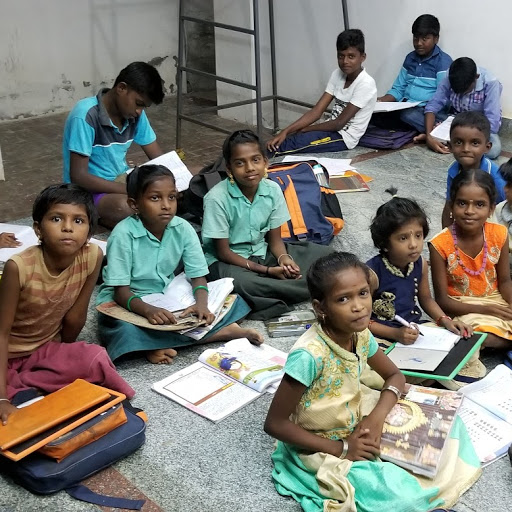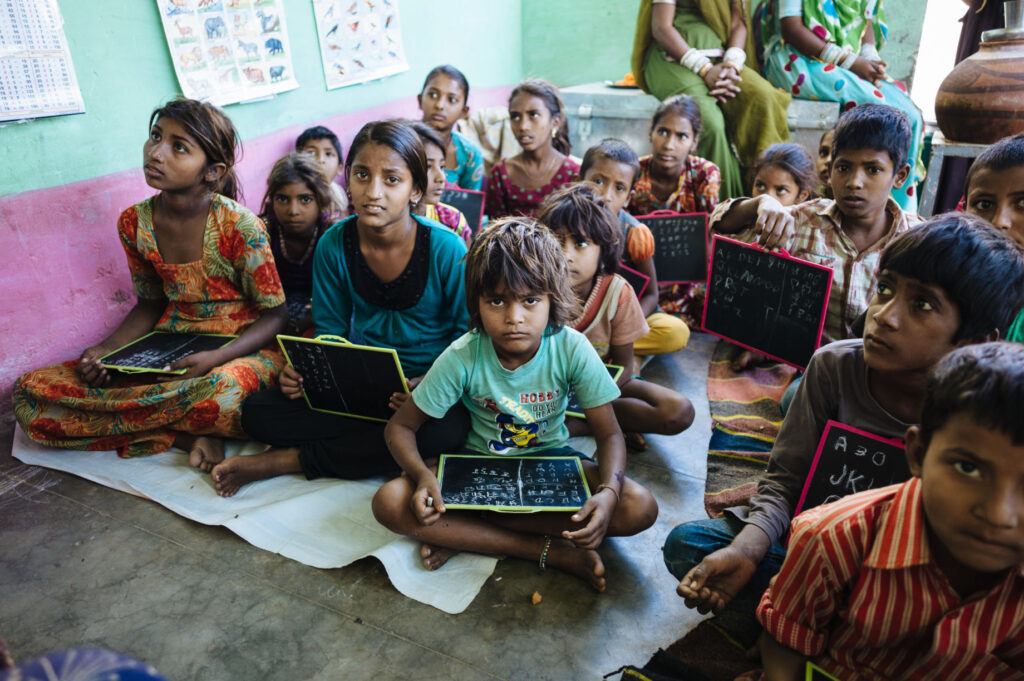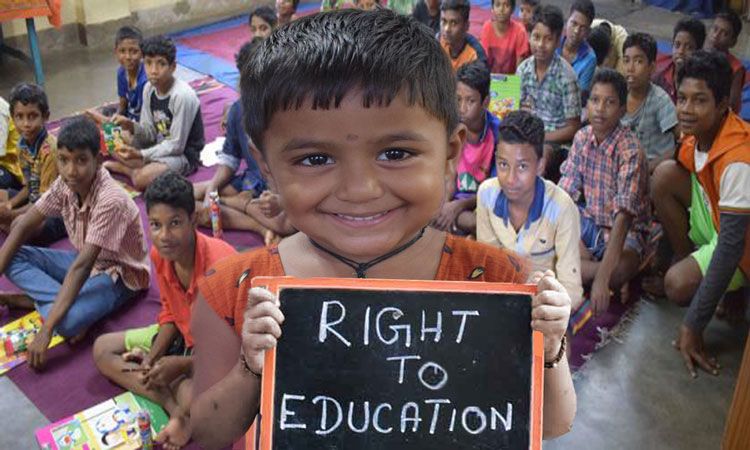Education
In the ancient Bharat, teacher (Guru) gave education to their students (Shishya) in a simple way with more interest without any charge. Relation between the Guru and the Shishya was very good with more respect and humble atmosphere. There was no any matter over money with the teacher to the parents or to the students. Ancient society of our country was running with love and with confidence without any complaint to anybody else.
Our culture and tradition of the family and society have been very rich and educational not only for our own country but for other countries as well. Other countries have always appreciated and accepted our culture and traditional system and have learnt a lot.
Some people in the society want to give good educational atmosphere to their children but are not in a position to provide that. Many children also want to do something through education and even being meritorious in education are unable to do well because of financial obstacles.


Benefits of education:
1. Economic Empowerment:
- Increased Earning Potential: Education often leads to better job opportunities and higher income. By gaining skills and knowledge, individuals can pursue higher-paying jobs and improve their economic status.
- Economic Growth: A more educated workforce can drive economic development and productivity, contributing to overall economic growth.
2. Improved Health Outcomes:
- Better Health Knowledge: Education can lead to better understanding of health practices and access to healthcare, resulting in improved overall health and reduced mortality rates.
- Healthier Lifestyles: Educated individuals are more likely to make informed health choices, leading to healthier living conditions and preventive care.
3. Social Benefits:
- Reduced Crime Rates: Education is linked to lower crime rates. Individuals with access to education are less likely to engage in criminal activities, contributing to safer communities.
- Social Mobility: Education provides a pathway for individuals to escape poverty and improve their social status, reducing inequality and fostering social cohesion.
4. Enhanced Civic Participation:
- Increased Civic Engagement: Educated individuals are more likely to participate in civic activities, such as voting and community service, which strengthens democratic processes and community engagement.
- Informed Decision-Making: Education helps individuals make informed decisions about their lives and communities, contributing to more effective and responsible citizenship.

So we have decided to provide all the facilities and atmosphere for good education to the poor and meritorious students so that they can also do something in the world and prove to be a good citizen.
